
Thirteen Biomedical Engineering Graduate Students Earn National Science Foundation Fellowships
Highly competitive national awards will help new and returning Duke BME graduate students conduct research on campus

Highly competitive national awards will help new and returning Duke BME graduate students conduct research on campus
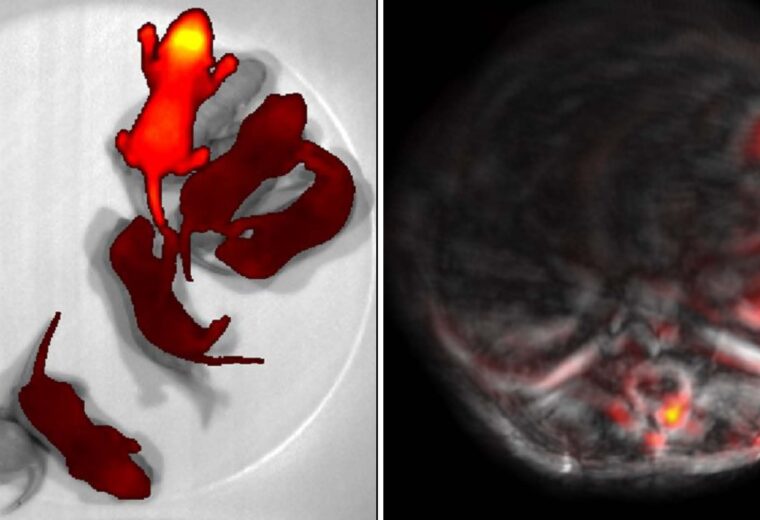
Changing the color of mouse tissue helps scientists isolate and remove background noise to improve imaging
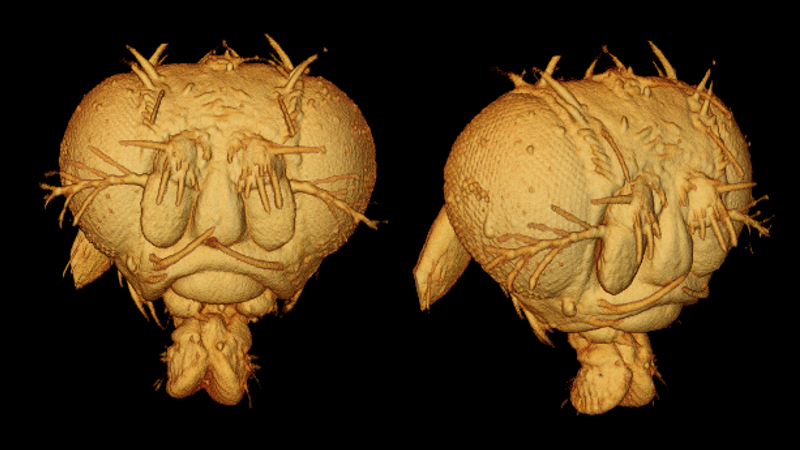
With clearer imaging and enhanced resolution, a new OCT approach developed at Duke could improve medical diagnostic imaging

Duke Opthalmologist Cynthia Toth and Biomedical Engineer Joseph Izatt told the ARVO 2022 audience about how their 20 years of intense teamwork across multiple disciplines has positively impacted ophthalmic research
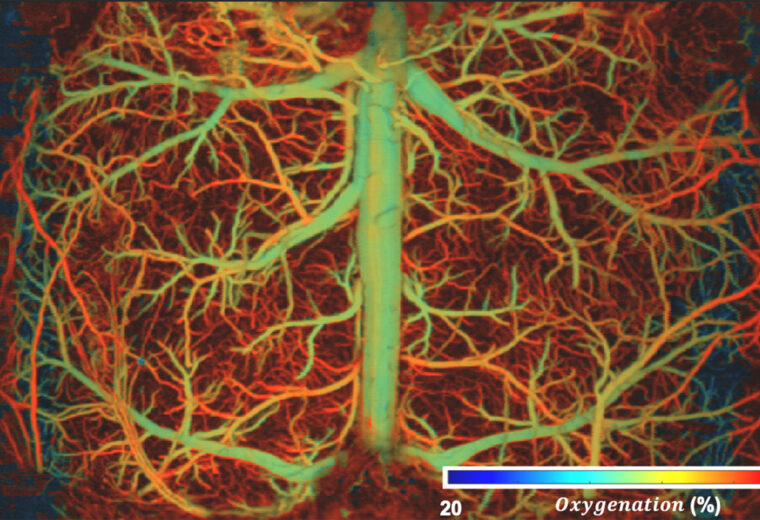
Duke researchers use a combination of hardware innovations and machine learning algorithms to create the fastest photoacoustic imaging tool available

Duke School of Medicine's Genevieve Fouda and Duke Engineering's Joel Collier formed a powerful research partnership
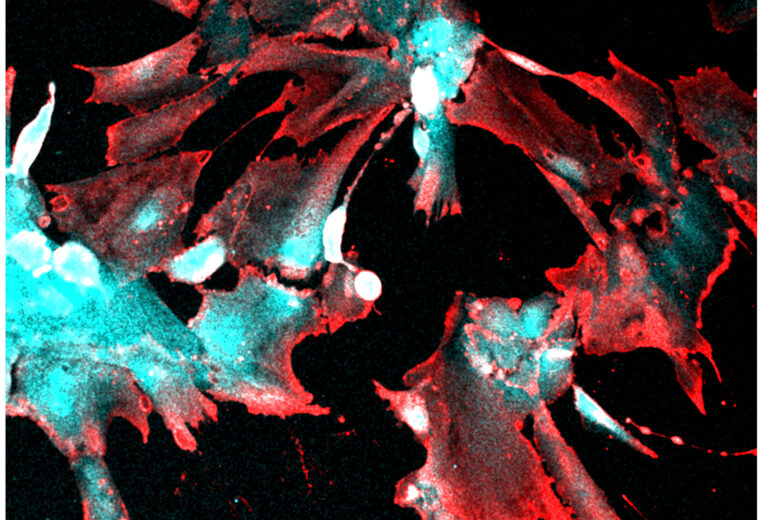
Duke researchers showed that SARS-CoV-2 can directly infect kidney cells via binding sites and hijack the cell to replicate

Activity levels of transposons provide the handle needed for selection to spread antibiotic resistance from wild microbes to human pathogens
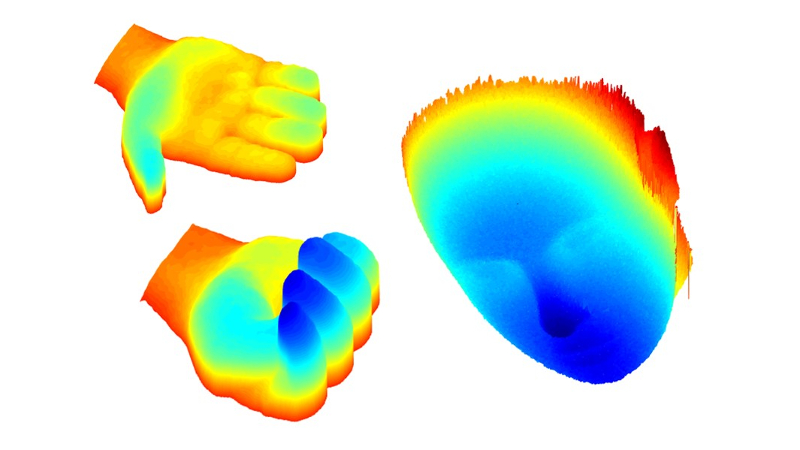
Researchers are applying lessons learned from decades of perfecting eye-imaging technologies to tomorrow’s autonomous systems sensor technologies
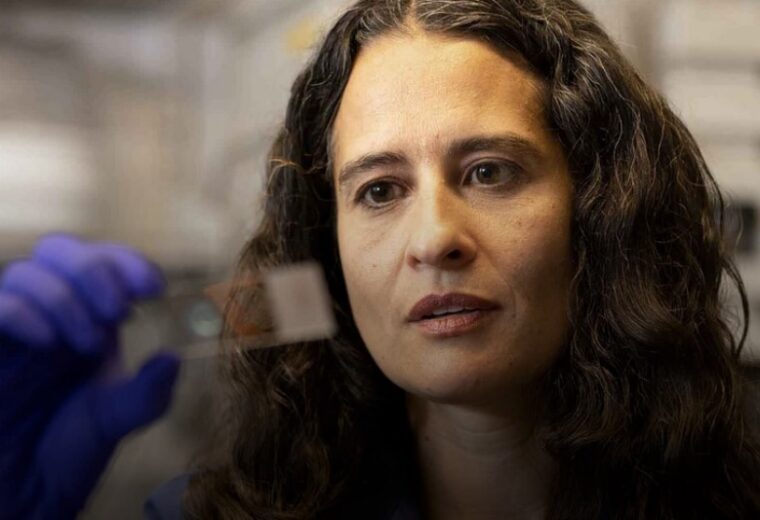
The efforts of Segura's Duke BME lab are leading to transformative outcomes for stroke, brain damage, bone malformation, and more.
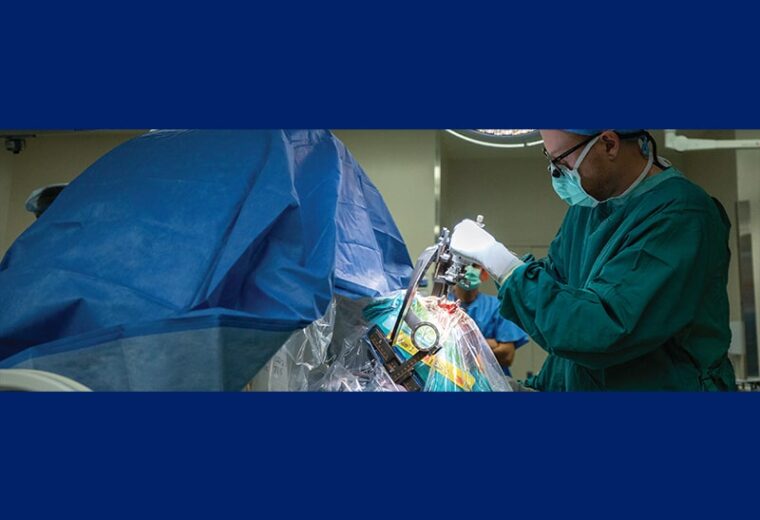
Cameron McIntyre and other Duke neural engineers are developing innovative technologies for awake deep brain stimulation and advancing interneuron transplantation research
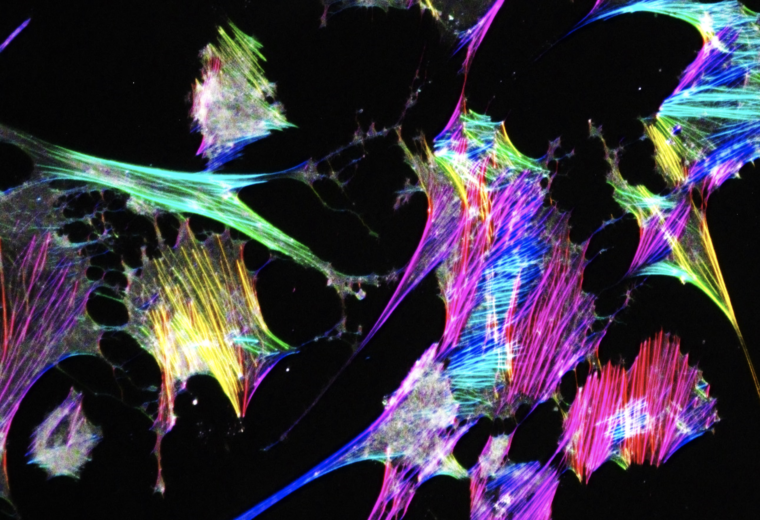
Stem cell model helps researchers identify potential biomarkers and therapeutic targets for early kidney disease